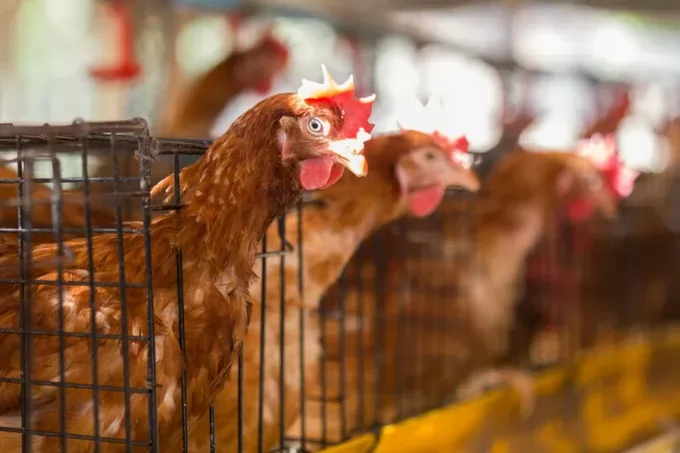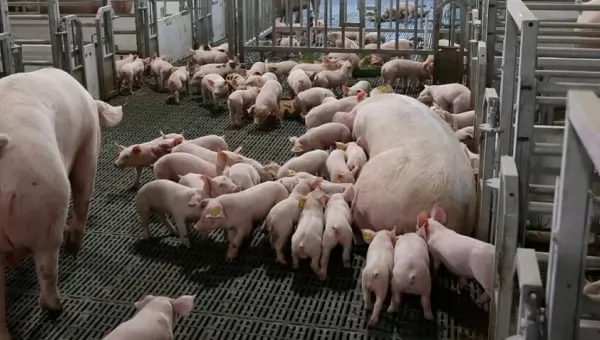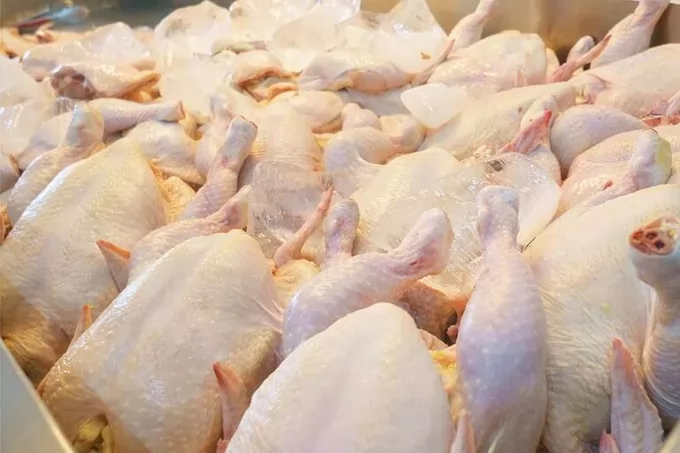Dark clouds pile above the Slovak poultry industry

"If a sufficient number of cage farms in Slovakia are not reconstructed by 2025, there is a real risk that eggs from Slovakia could be gradually replaced by foreign suppliers in international retail chains," says Daniel Molnár, director of the Poultry Union of Slovakia. Photo: Canva.
(VAN) Hydina Slovensko, a prominent Slovak poultry processor, is on the verge of bankruptcy over a large debt of €23 million, local publication Hospodárske noviny reports.
This case could be a indication of big problems for the entire poultry industry, which is braced for painful changes.
Hydina Slovensko has been grappling with financial woes in recent years. In 2022, it recorded a staggering net loss of €4 million, marking its worst performance to date. The company, which has been operating since 2009, has been in the red since 2019, a trend that has only worsened over time.
More farms in peril
Local press reported that Hydina Slovensko’s problems could be partly attributed to the upcoming ban on the sale of eggs from cage farms, which is due to come into force in 2025.
Daniel Molnár, director of the Poultry Union of Slovakia, explained that big European retail chains notified their Slovak partners they would no longer accept eggs from cage farms from next year, though the existing veterinary laws mandate the ban on this production method neither in Slovakia nor at European level.
Investments needed
The Slovak poultry industry is in dire need of government support to the tune of €65 million. According to farmers, this financial injection is crucial for facilitating the transition to free-range production. However, the prospects of the appeal to allocate this money remain uncertain, and businesses are warning of a potential wave of bankruptcies in the coming months if funds for the transition are not secured.
“If a sufficient number of cage farms in Slovakia are not reconstructed by 2025, there is a real risk that eggs from Slovakia could be gradually replaced by foreign suppliers in international retail chains,” Molnár cautioned, highlighting the potential threat to the local industry.
Fraud concerns
Molnár also revealed that poultry breeders are extremely concerned over possible fraud in the labelling of eggs from other EU countries. He explained that, as far as the Slovak farmers are concerned, the transition towards free-range production is sluggish in other European countries, so it is not entirely clear how the new standards will be met.
Lasting crisis
The need to fund the transition comes at a time when Slovak poultry farmers are experiencing a lasting cost crisis. Molnár said that over the last 2 years, farmers saw their costs rising across the board, with electricity and gas costs going through the roof.
“In 2023, we also noticed a significant increase in the prices of packaging materials, an increase in fuel prices, as well as an increase in labour costs due to rising inflation,” he explained.
H.D
(Poultryworld)
Maybe you are interested

A young man on a journey to preserve a rare dog breed
The breed is one of the 'four great national dogs' of Việt Nam, along with the Phú Quốc, Bắc Hà and H'mông bobtail breeds.

Rabobank: Pork production returns to profitability
In its quarterly outlook, Rabobank noticed a “pivotal shift” as sow herd numbers appear to stabilise after a phase of reductions.

Capturing investment opportunities in Asia's poultry supply chain
After 2 tough years, a leading bank is suggesting that entrepreneurs and businesses should look at capturing investment opportunities in Asia's poultry supply chain.





